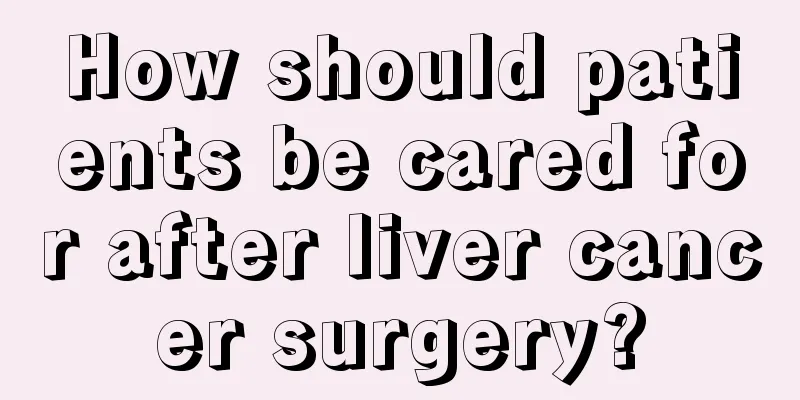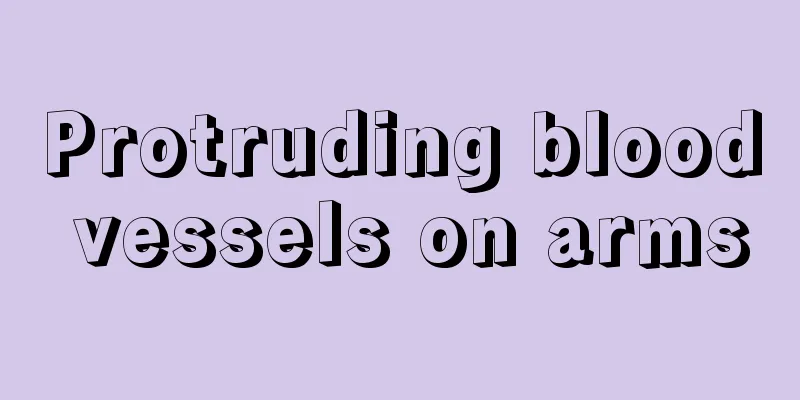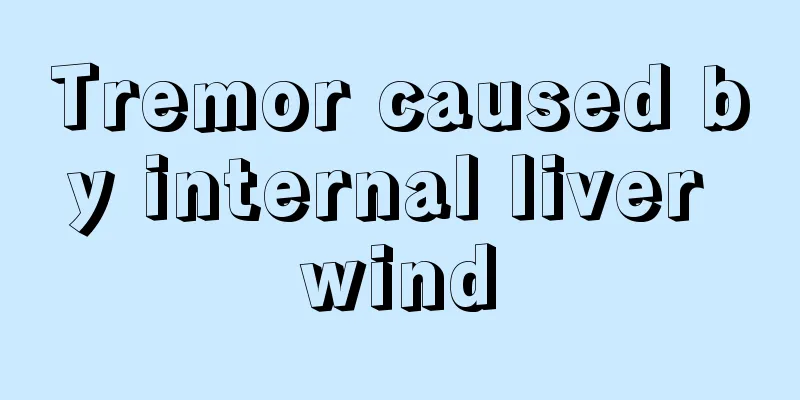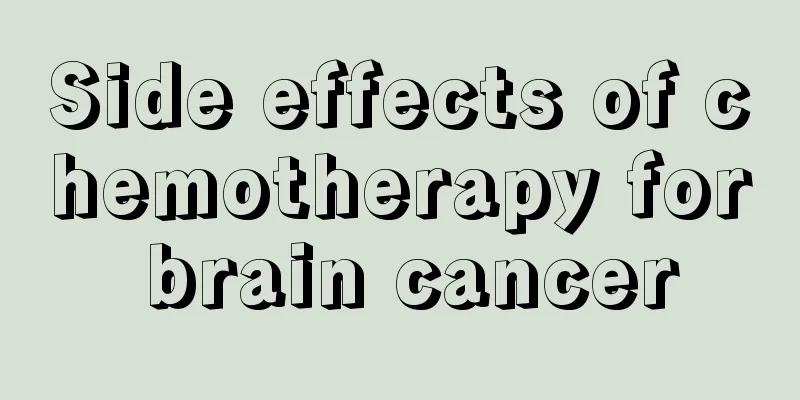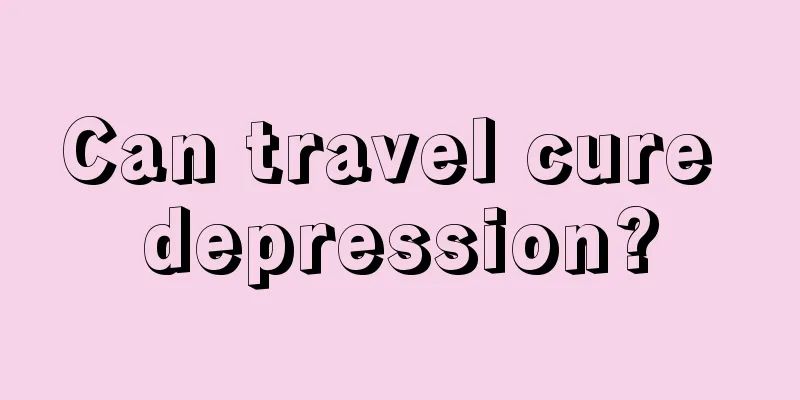Scientific evaluation of chemotherapy for gastric cancer
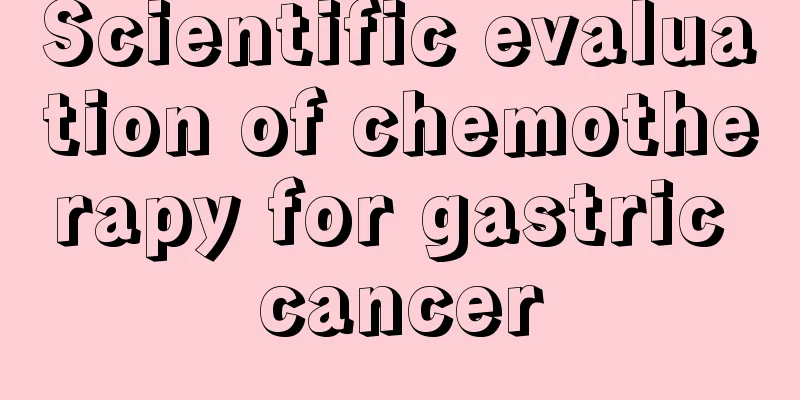
|
Not all chemotherapy for gastric cancer has very good effects. Some chemotherapy may even have little effect on prolonging the patient's life. Moreover, chemotherapy drugs are a considerable expense, which not all families can afford. Therefore, it is extremely important to make a scientific decision on whether to undergo chemotherapy and what the chemotherapy plan should be. And because of the highly different individual behaviors of gastric cancer cells, the same chemotherapy regimen, including targeted therapy, has very different effects. Therefore, it is impossible to accurately determine the targeted chemotherapy drugs. Most studies show that the effectiveness of chemotherapy and targeted therapy is only about 30%. Enduring the pain and expensive medication for 4-6 months only prolongs life by 1-4 months. Even before surgery, these therapies may aggravate the condition of patients who do not respond to chemotherapy but can still be removed, making it difficult to remove. Therefore, we might consider the following points: (1) After evaluation, if the lesion is resectable, surgery should be performed as soon as possible and chemotherapy should be performed after surgery. This can prolong the lives of the 70% of gastric cancer patients who are ineffective with chemotherapy; (2) For lesions with low resection possibility, chemotherapy should be performed before surgery to observe whether the lesions are reduced to a resectable size; (3) For patients who are highly likely to undergo resection as assessed before surgery, if the cancer lesions develop freely for 3 months and will not affect the surgical outcome, preoperative chemotherapy may be considered to understand whether a chemotherapy regimen is effective so that it can be continued or replaced after surgery. (4) If the economic conditions are good, PET-CT imaging examination can be performed before and 2 weeks after neoadjuvant chemotherapy. If the SUV value of the cancer lesion decreases by more than 35%, chemotherapy can be continued for 12 weeks. Otherwise, surgery, changing the treatment plan or giving up chemotherapy should be performed. The above are several aspects to determine whether chemotherapy is needed. The main considerations are the impact of chemotherapy on surgery and whether it is worth using the best chemotherapy drugs in advanced patients who cannot be cured or have relapsed. This depends on the psychological and social interpersonal needs of the patient and his or her family. |
<<: Application of radiotherapy and chemotherapy in the treatment of Hodgkin's lymphoma
>>: Conservative treatment methods for liver cancer
Recommend
What are the symptoms of brain glioma
Everyone knows that the structure of the brain is...
How to prevent cervical cancer? Common symptoms of cervical cancer
If you can detect cervical cancer as soon as poss...
What should I do if I am obese due to qi deficiency
In addition to affecting health, qi deficiency ca...
What's wrong with insomnia after general anesthesia surgery
The human body is very fragile. No matter what ki...
My heart feels uncomfortable after staying up late
After 10 o'clock in the evening, various orga...
What is the effect of washing your face with pure milk
There are many benefits to washing your face with...
What are the dangers of prostate cancer? Four dangers of prostate cancer
Prostate cancer is a common male disease clinical...
Rejecting laryngeal cancer and taking good prevention is the key
Smoking is common around us nowadays. According t...
How to regulate cold blood stasis
If the color of your menstrual blood is dark duri...
How to detect kidney cancer early? Generally through symptoms
Kidney cancer can usually be understood through o...
How to disinfect dentures
Wearing dentures is the most common way to repair...
What can I eat to increase my platelets
The platelet content should be maintained within ...
Gastric cancer may be caused by a high-salt diet
Gastric cancer may be caused by a high-salt diet....
Early symptoms of breast cancer
Breast cancer is a malignant tumor that occurs in...
How to remove acne, acne marks and shrink pores
Do you know how to remove acne, acne scars and sh...
